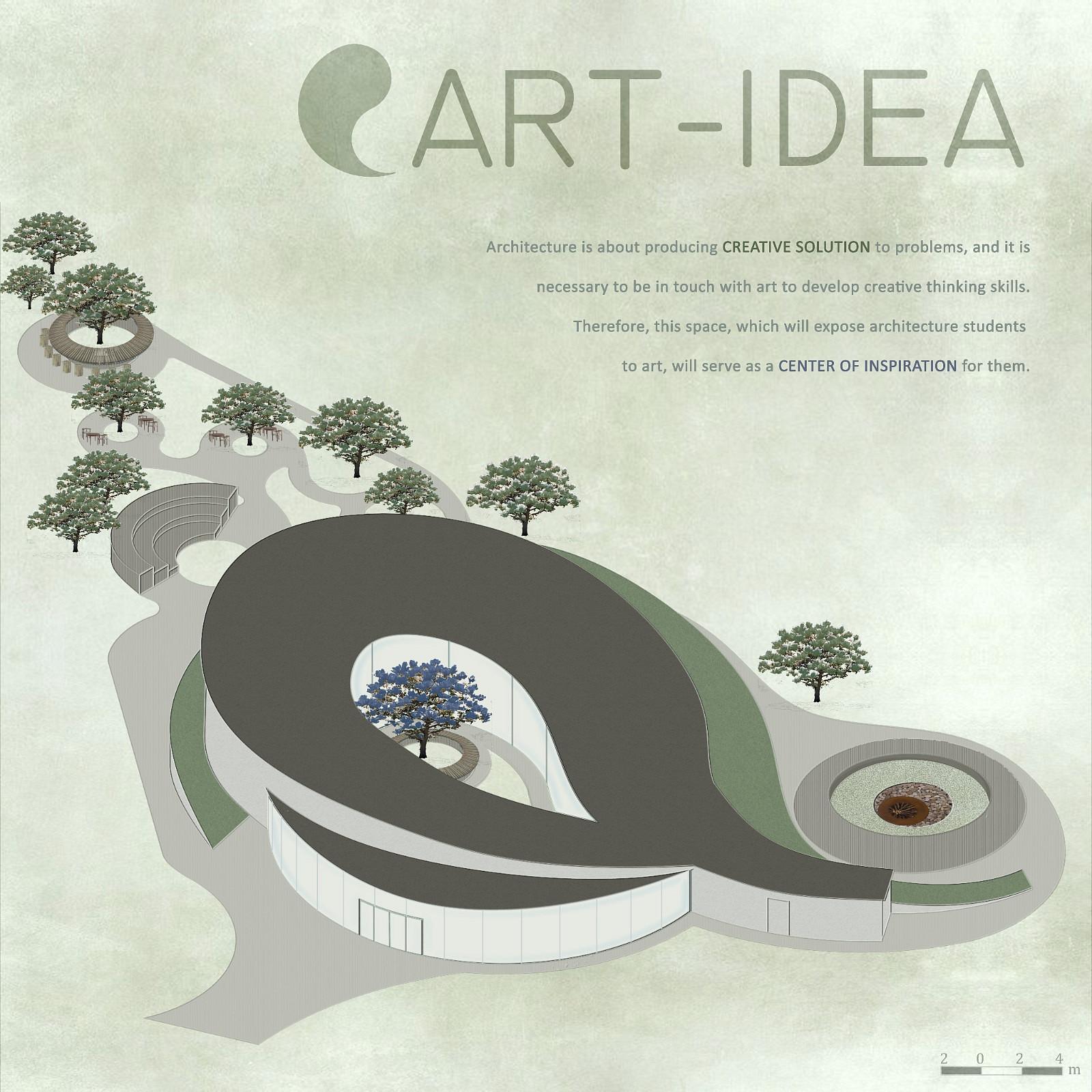Learning Architect: Key Skills & career Guide for Education Innovators
In today’s rapidly evolving education sector, the role of a Learning Architect is gaining prominence across universities, colleges, and schools. Education technology is transforming how institutions deliver learning experiences, making Learning Architects essential for designing effective, engaging, and innovative curriculum frameworks. if you’re interested in pursuing a career in education technology, learning about the responsibilities, required skills, and career prospects of Learning Architects will set you on the path to success. This complete guide explores the key skills, benefits, and practical tips for job seekers aiming to become influential education innovators.
What is a Learning Architect?
A Learning Architect is a strategic education professional who designs, structures, and enhances learning environments using technology and pedagogical expertise. They work with faculty, administrators, and technology teams to craft curricula that foster deep student engagement and effective knowledge acquisition. From K-12 schools to higher education, Learning architects shape the future of digital learning through impactful courses, personalized learning pathways, and data-driven innovation.
Primary Responsibilities of a Learning Architect
- Developing and implementing technology-enhanced curricula
- Collaborating with educators to integrate best practices in instructional design
- Analyzing educational data to optimize learning outcomes
- Evaluating and selecting edtech tools for blended or online learning
- Creating engaging digital content aligned with academic standards
- Providing professional development and training for teaching staff
Key Skills Needed by Education Technology Learning Architects
Securing a rewarding job as a Learning architect requires a robust set of education technology skills paired with creativity and strategic thinking. Below are the competencies most sought after by universities,schools,and colleges:
Technical Proficiency
- LMS Expertise: Familiarity with learning Management Systems (Moodle,Canvas,Blackboard)
- Content Authoring Tools: Proficiency in tools like Articulate Storyline,Adobe Captivate,or H5P
- Data Analytics: Ability to interpret learner analytics and adapt educational approaches
- Digital Assessment: Designing effective online quizzes,projects,and exams
Instructional Design Knowledge
- Understanding instructional design models (ADDIE,SAM,Bloom’s Taxonomy)
- Experience in curriculum mapping and outcome-based education
- Assessment design aligned with educational objectives
collaboration & Communication
- Excellent interpersonal skills for working with educators and stakeholders
- Adept at presenting ideas,proposals,and training sessions
- Project management and teamwork abilities
Innovative Mindset
- Ability to envision new learning experiences using cutting-edge technology
- Researching and piloting emerging edtech tools (AR/VR,AI-powered platforms)
- Continuous learning and adaptation to industry changes
Career Path and Opportunities for Learning Architects
Universities,colleges,and schools increasingly recognize the value of Learning Architects to stay at the forefront of educational innovation. Here’s what you can expect as a career path:
Typical Employers
- Higher education institutions
- K-12 school districts
- Online education platforms
- Corporate training departments (for medical, legal, or business education)
Job Titles Related to Learning Architect
- Instructional Designer
- Curriculum Developer
- Education Technology Specialist
- Academic Innovation Manager
- eLearning Designer
Education Requirements
- Bachelor’s degree in Education, Instructional Design, or related field
- Master’s degree preferred for advanced roles in higher education
- Specialized certifications in EdTech or Instructional Design (such as ATD, ISTE)
Salary Expectations
- Entry-level positions: $50,000 – $65,000 per year
- Mid-level and experienced roles: $70,000 – $100,000 per year
- Leadership roles at universities: Up to $120,000 or more
Benefits of Pursuing a Learning Architect Career
Choosing a career as a Learning Architect in education technology provides endless opportunities for growth, contribution, and job satisfaction. Here’s why it’s an attractive path:
- Impact: Directly influence how education is delivered and consumed
- Creativity: Freedom to innovate and experiment with new teaching methods
- Growth: High demand with varied roles available across education sectors
- Collaboration: Work alongside passionate educators, technology experts, and administrators
- Continuous Learning: Engage with the latest research, best practices, and digital tools
- remote-Friendly Options: Many positions offer flexible or remote work arrangements
Practical Tips for Job Seekers in Education Technology
If you’re set on becoming a Learning Architect, it’s vital to strategically prepare for the application process and ongoing career development. Follow these tips to stand out to hiring managers at universities, colleges, and schools:
Build and Showcase Relevant Skills
- Complete professional development courses—or certifications—in instructional design and edtech tools
- Build a portfolio including sample lesson plans, curriculum frameworks, and digital content
- Stay updated on trends like adaptive learning, gamification, and mobile-first instruction
Demonstrate Strategic thinking
- Highlight your ability to analyze education data and propose improvements
- Prepare case studies demonstrating curriculum redesign or technology integration
Network and Collaborate
- Connect with professional associations in education technology and instructional design
- Attend conferences, webinars, and workshops to broaden your knowledge and meet potential employers
- collaborate on projects to gain cross-functional experience
Tailor Your Job Application
- Customize your resume and cover letter to each institution’s mission and priorities
- Use education technology keywords (Learning Architect, instructional design, curriculum development, data analytics) throughout your application documents
Developing Your Learning Architect Competencies
Continuous skill development is essential to thriving in education technology. Here are some actionable steps:
- Attend online training for new learning management systems and edtech platforms
- Engage in research or pilot programs for emerging technologies
- Join discussion groups and forums to share best practices and industry insights
- Seek mentorship from experienced Learning Architects or education innovators
Conclusion: Empowering Innovation as a Learning Architect
Stepping into the role of Learning Architect at a university, college, or school is a dynamic chance to shape the future of education. By mastering key skills in educational technology, instructional design, and strategic collaboration, you’ll drive transformation and make a measurable impact on learners’ success. As the demand for education technology experts continues to rise, now is the perfect time to pursue this rewarding career. Start building your expertise today and join the ranks of visionary educators revolutionizing the classroom.

